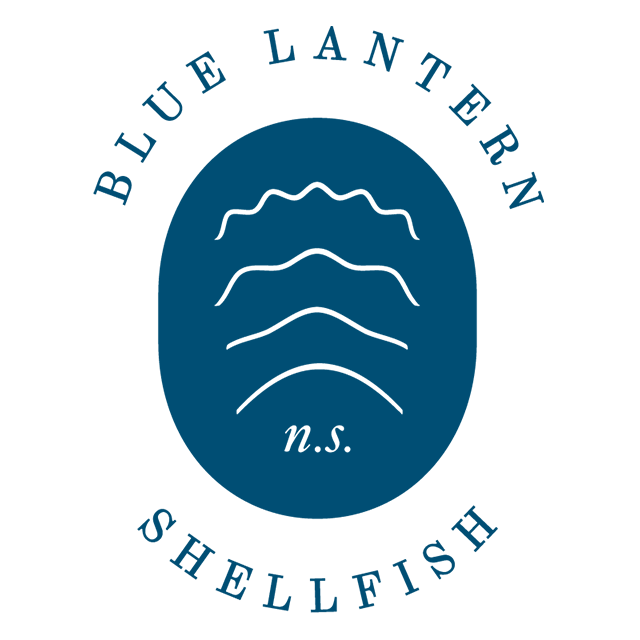It Ain't About the Numbers: Why we Farm the Sea
At Blue Lantern Shellfish, we give considerable thought to technique, tools, and technology—but occasionally, a conversation reminds us why we truly engage in this work. Our recent interview with Dana Morse, a long-time aquaculture researcher and advocate, touched on something that’s difficult to quantify yet central to the essence of ocean farming: a sense of connection to place, meaning, and fulfilment.
“There’s something about farming and fishing that doesn’t translate to the numbers… the value of being on the water, of doing what you love.”
In a world that often demands data and spreadsheets, it's easy to overlook the simple, human motivation behind aquaculture. Dana reminded us that yes, numbers matter—but they don’t always capture the joy, purpose, and connection that draw people to the water in the first place.
Dana isn’t just advising others on best practices. At 45, he decided to “walk it like he talked it,” starting his own small oyster farm. It was a way to get on the water, work with his body, and put his values into practice.
When asked if he’d ever consider scallop farming, Dana’s eyes lit up. No concrete plans, he said—but if he had the right deep-water site?
“I’d get a Chesapeake Bay crabber boat, set up a longline system, start with the Duncan Bates method… I’d experiment—lantern nets, ear hanging, even bottom cages based”.
What followed was a detailed and thoughtful vision for a hypothetical farm inspired by the farms he studied in Mahone Bay and Hillsborough Bay.
In the end, it’s not just about how we farm scallops—it’s about why we farm them. Dana’s reflections serve as a timely reminder that aquaculture is as much a calling as it is a business. At Blue Lantern, this means an opportunity to put our values into action through an enterprise that supports the local economy and the environment.

